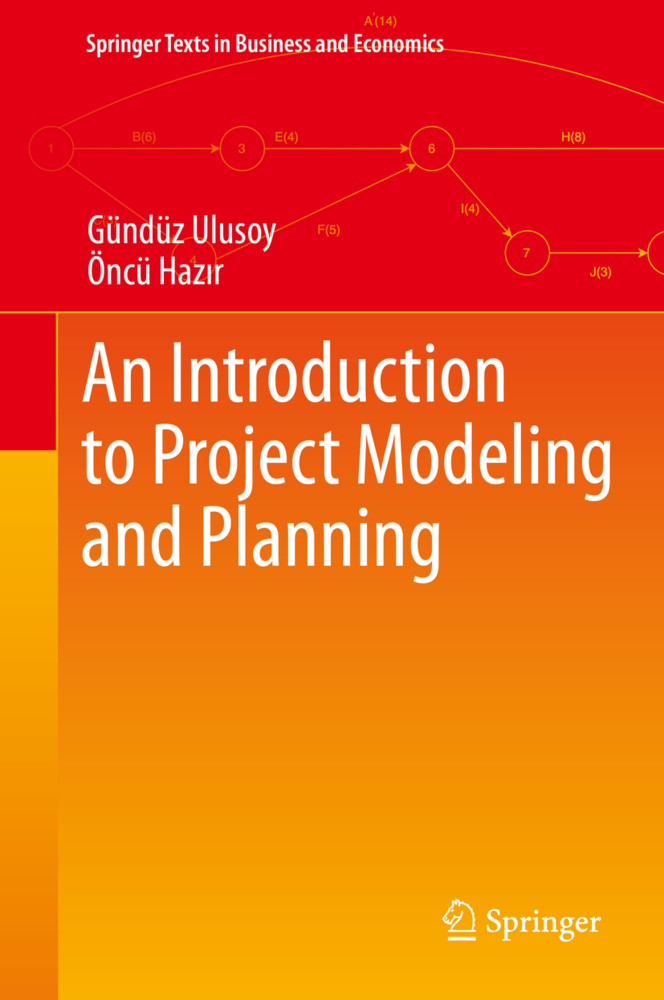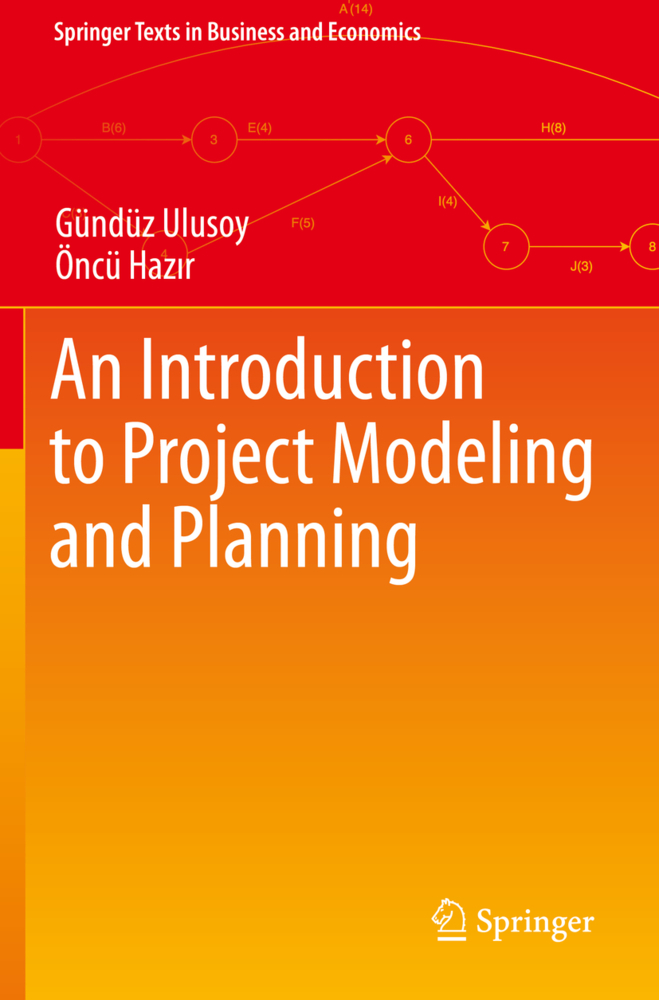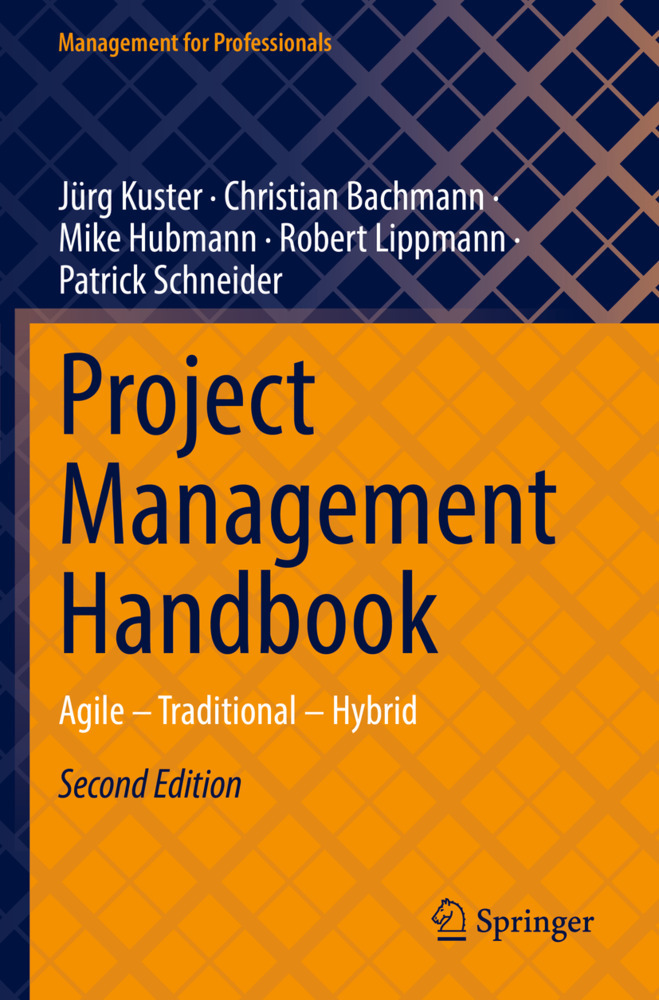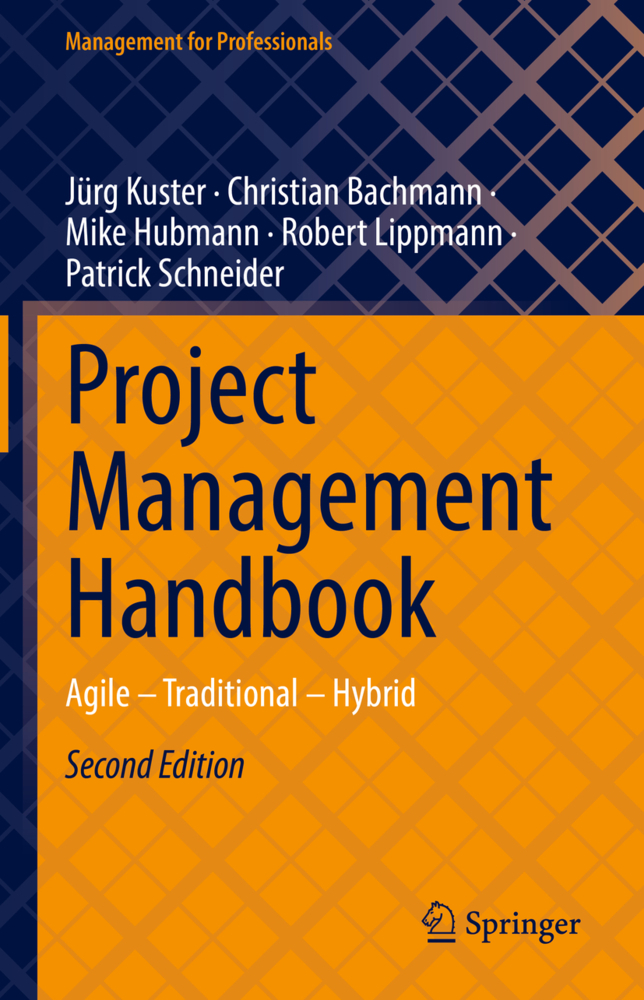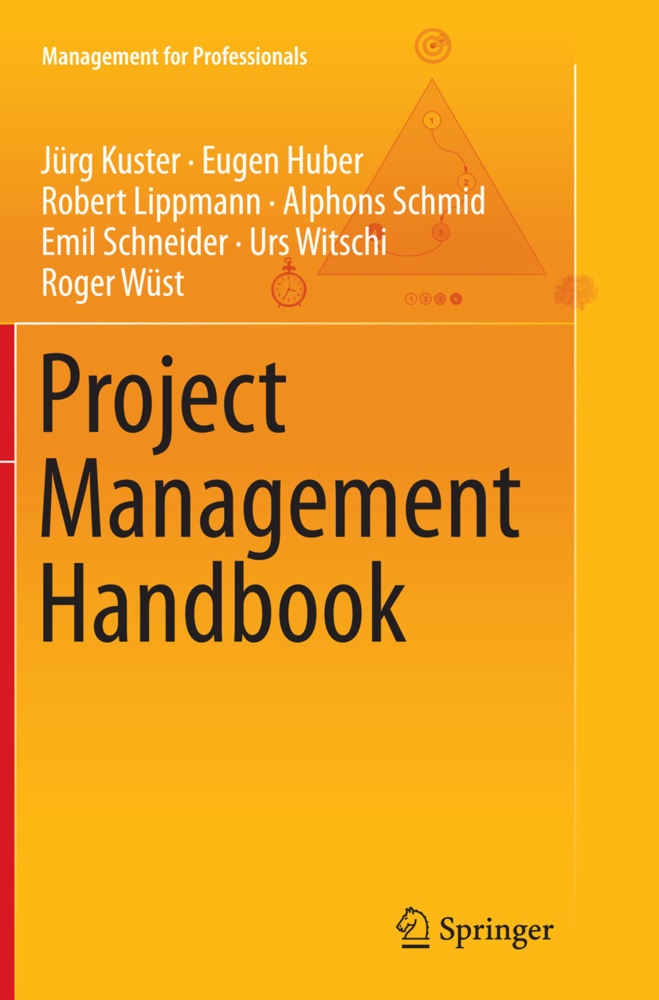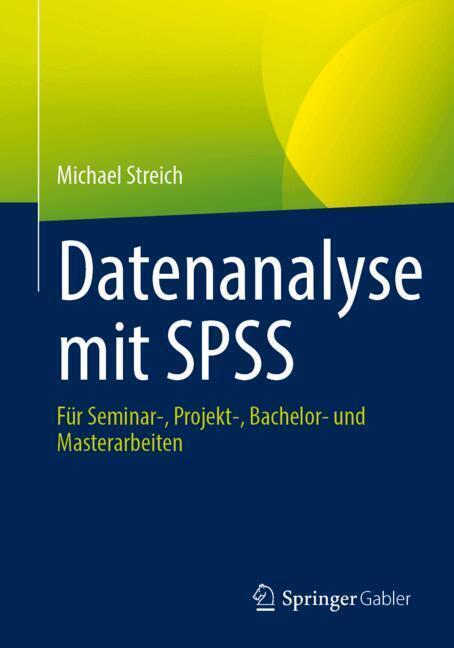An Introduction to Project Modeling and Planning
An Introduction to Project Modeling and Planning
This textbook teaches the basic concepts and methods of project management but also explains how to convert them to useful results in practice. Project management offers a promising working area for theoretical and practical applications, and developing software and decision support systems (DSS). This book specifically focuses on project planning and control, with an emphasis on mathematical modeling. Models and algorithms establish a good starting point for students to study the relevant literature and support pursuing academic work in related fields. The book provides an introduction to theoretical concepts, and it also provides detailed explanations, application examples, and case studies that deal with real-life problems. The chapter topics include questions that underlie critical thinking, interpretation, analytics, and making comparisons. Learning outcomes are defined and the content of the book is structured following these goals.
Chapter 1 begins by introducing the basic concepts, methods, and processes of project management. This Chapter constitutes the base for defining and modeling project management problems. Chapter 2 explores the fundamentals of organizing and managing projects from an organization's perspective. Issues related to project team formation, the role of project managers, and organization types are discussed. Chapter 3 is devoted to project planning and network modeling of projects, covering fundamental concepts such as project scope, Work Breakdown Structure (WBS), Organizational Breakdown Structure (OBS), Cost Breakdown Structure (CBS), project network modeling, activity duration, and cost estimating, activity-based costing (ABC), data and knowledge management. Chapter 4 introduces deterministic scheduling models, which can be used in constructing the time schedules. Models employing time-based and finance-based objectives are introduced. The CPM is covered. The unconstrained version of maximizing Net Present Value (NPV) is also treated here together with the case of time-dependent cash flows. Chapter 5 focuses on the time/cost trade-off problem, explaining how to reduce the duration of some of the activities and therefore reduce the project duration at the expense of additional costs. This topic is addressed for both continuous and discrete cases. Chapter 6 discusses models and methods of scheduling under uncertain activity durations. PERT is introduced for minimizing the expected project duration and extended to the PERT-Costing method for minimizing the expected project cost. Simulation is presented as another approach for dealing with the uncertainty in activity durations and costs. To demonstrate the use of the PERT, a case study on constructing an earthquake-resistant residential house is presented.
Classifications of resource and schedule types are given in Chapter 7, and exact and heuristic solution procedures for the single- and multi-mode resource constrained project scheduling problem (RCPSP) are presented. The objective of maximizing NPV under resource constraints is addressed, and the capital-constrained project scheduling model is introduced. In Chapter 8, resource leveling, and further resource management problems are introduced. Total adjustment cost and resource availability cost problems are introduced. Various exact models are investigated. A heuristic solution procedure for the resource leveling problem is presented in detail. Also, resource portfolio management policies and the resource portfolio management problem are discussed. A case study on resource leveling dealing with the annual audit project of a major corporation is presented. Project contract types and payment schedules constitute the topics of Chapter 9. Contracts are legaldocuments reflecting the results of some form of client-contractor negotiations and sometimes of a bidding process, which deserve closer attention. Identification and allocation of risk in contracts, project control
Chapter 1. Overview of Project Management: An Introduction to the Basic Concepts, Methods and Processes
Chapter 2. Project Management from Organizations' Perspective: Fundamentals of Organizing and Managing ProjectsChapter 3. Project Modelling and Planning
Chapter 4. Scheduling
Chapter 5. Time/Cost Trade-Off Problem
Chapter 6. Resource Management Policies
Chapter 7. PERT-Cost Method
Chapter 8. Project Contract Types and Payment Schedules
Chapter 9. Decision Support Systems and Different Models for Client-Contractor Negotiations
Chapter 10. Monitoring and Control for Processes and Methods-.-Chapter 11. Qualitative and Quantitative Techniques for Risk Management Processes
Chapter 12. Uncertainty in Project Scheduling
Chapter 13. Made-to-Order Manufacturing
Chapter 14. Project Selection Problems for Project-Based Organizations
Chapter 15. Recent Approaches and Future Research Areas in Project Management.
| ISBN | 978-3-030-61422-5 |
|---|---|
| Artikelnummer | 9783030614225 |
| Medientyp | Buch |
| Copyrightjahr | 2021 |
| Verlag | Springer, Berlin |
| Umfang | XIX, 482 Seiten |
| Abbildungen | XIX, 482 p. 159 illus., 44 illus. in color. |
| Sprache | Englisch |

